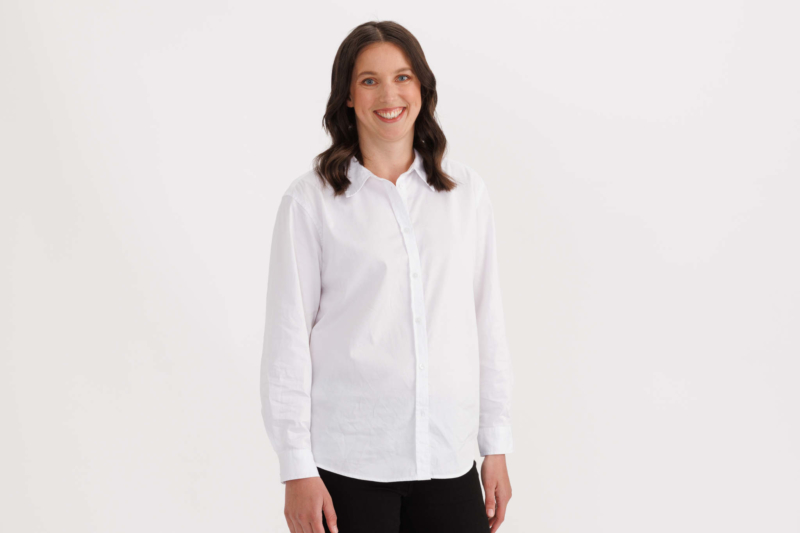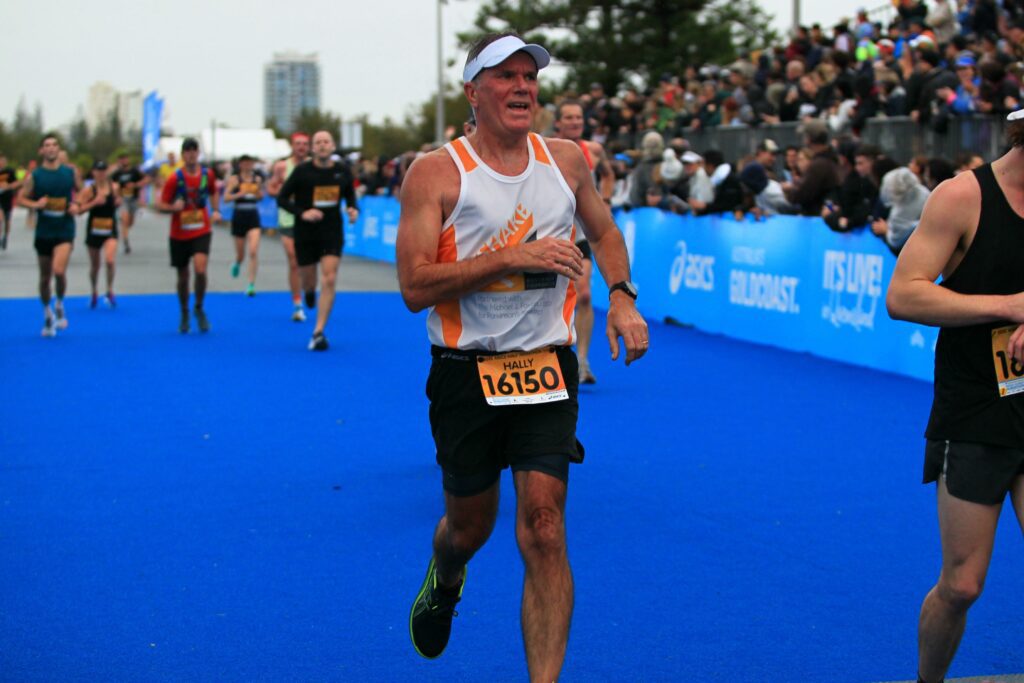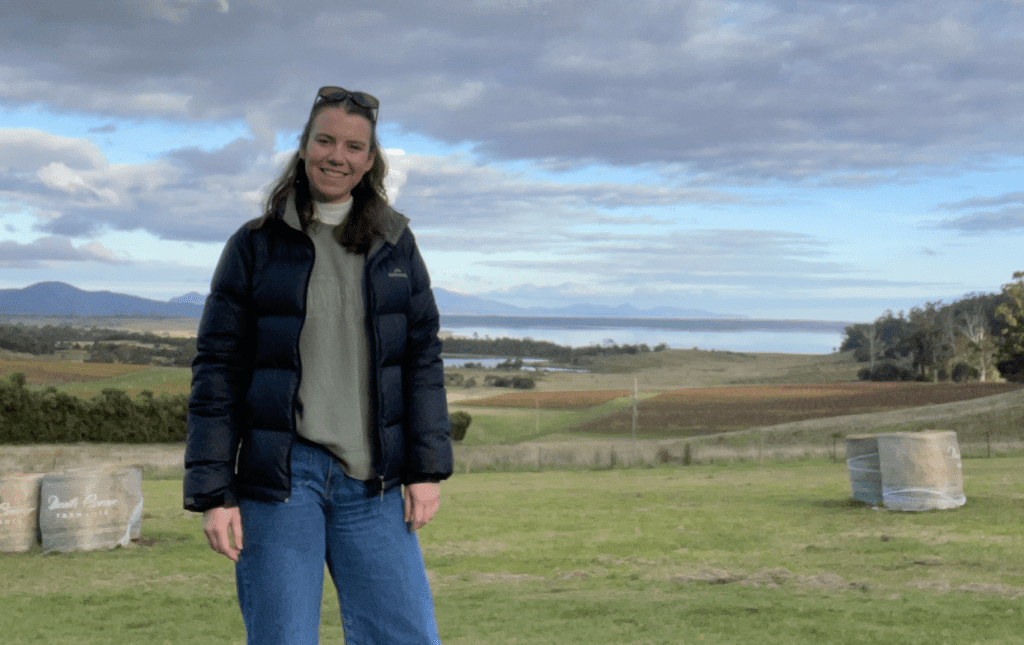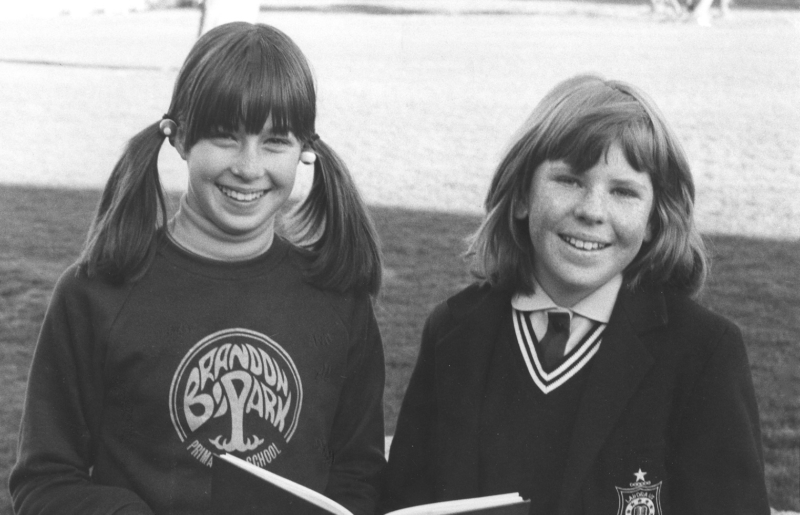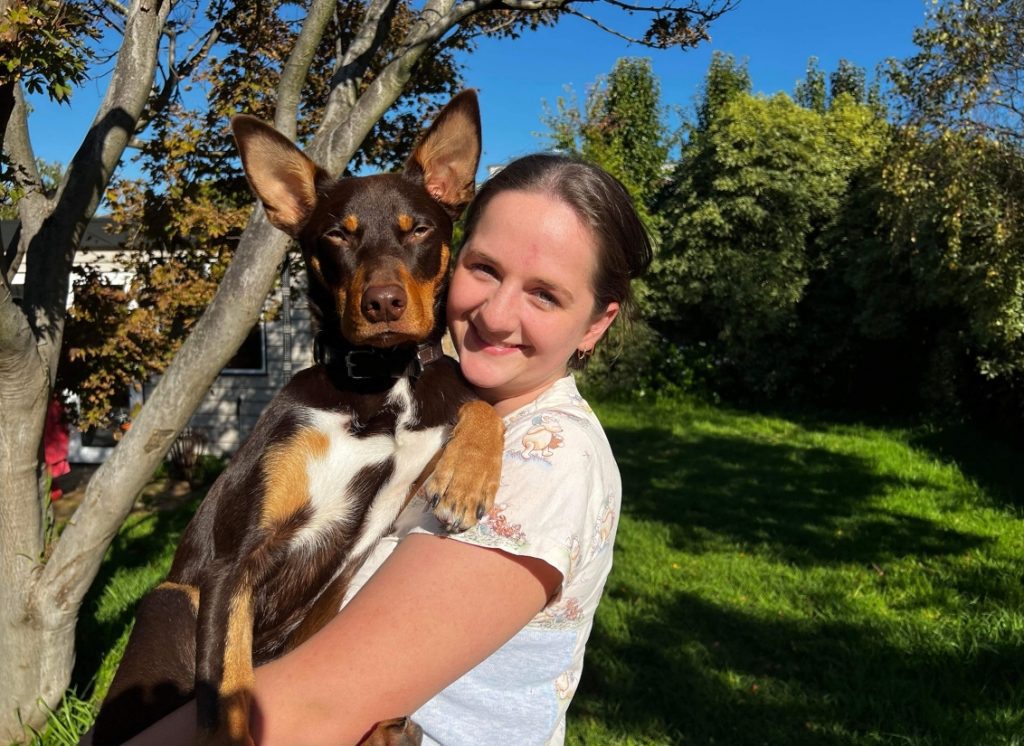Grammarian Dr Pip Karoly (Class of 2007) devotes her days to developing a patient-specific approach to epilepsy management. A recent recipient of the L’Oreal Fellowship, her work is making a tangible difference for patients.
Days at Caulfield Grammar
Like many Grammarians, Pip fondly remembers walking up and down Glen Eira Road during her time at Caulfield Campus. Her time was mainly devoted to athletics, soccer and studying in the Year 12 Common Room during her final year. The close group of friends she formed is one she maintains and even attends CGA reunion events alongside.
One of the most memorable and formative experiences from her Caulfield Campus days were her VCE Math Methods classes. Pip found a mentor within teacher Katerina Katselas. Her focus on problem solving and discovering through maths left a strong impression on Pip.
Becoming a Grammarian
Leaving the Caulfield Campus gates behind her, Pip’s first few years out of school were full of growth and learning. She made her way through a Bachelor of Science and a Master of Engineering at the University of Melbourne. However, it was really the decision to spend a year backpacking around South America and move out of home with two other Grammarians that provided invaluable life skills.
Pip’s final year of her Masters sparked her initial interest in epilepsy research. Tackling a yearlong research project, Pip worked on a system to decode brainwaves to move a computer cursor. From here, she moved on to a PhD and research career focused on decoding brainwaves to better understand epilepsy.
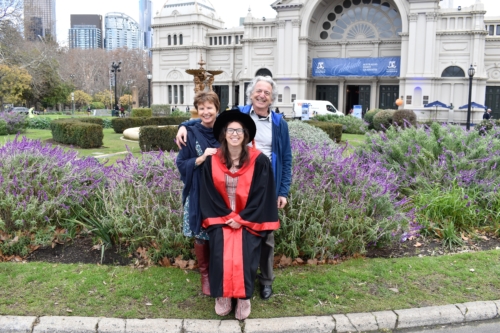
Epilepsy research
Pip’s work is now focused on seizure forecasting, providing patients with the ability to plan for and manage possible seizures:
“For people with epilepsy, living with constant uncertainty of not knowing when a seizure might strike can be the most debilitating and dangerous aspect of their condition. Providing advance warning of seizures could be life changing”.
Pip is currently developing an innovative mobile app that informs patients of possible seizures through data it processes from brain activity recorded via implantable or wearable systems. This technology would prove revolutionary for those with epilepsy, providing them with advance warning of possible seizures. For Pip, seeing her research translated into a tangible means of management for patients is incredible:
“Seeing our research discoveries get translated rapidly to real-world technology via the Seer app is hugely fulfilling. It’s quite unusual in academic research to have such a well-established pipeline for industry translation”.
Inspiring female leaders
Pip has consistently looked up to many inspirational, female medical leaders within her close circle who have played key roles in developing and shaping Pip’s career trajectory.
From a young age, Pip’s mum (a GP) showed her how a woman can establish herself as a medical professional. In primary school, Pip’s computer programming class was taught by a woman. Pip fondly remembers creating an interactive program about dingos and winning a prize at her school’s computer fair, for which she attended a special award day held at UniMelb, sparking her initial interest in wanting to study there. Currently, both Pip’s Head of Department (Biomedical Engineering) and Head of the School (Chemical & Biomedical Engineering) at UniMelb are both women.
Whilst these women have been incredible in encouraging Pip to pursue science, it has also been instrumental that her male leaders have created a supportive environment:
“But it’s just as important that my male mentors and role models didn’t treat me any differently – they valued my abilities equally and have always made me feel included – from things as simple as choice of language, right through to prestigious invitations to journals and conferences.”
The L’Oreal Fellowship
Pip has recently been awarded a L’Oreal Fellowship, as an acknowledgment of the work she is involved in. The fellowship was created to encourage and celebrate female participation in science and helps to further their research. For Pip, it has been exactly that – a platform to raise awareness of and fund her discoveries:
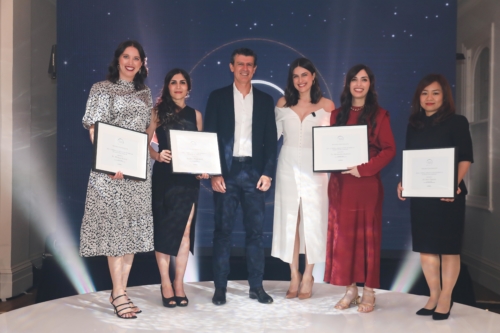
Looking to the future
As she continues her research, Pip hopes to further her understanding of why seizures happen – currently, the cause is unknown for at least 50% of people. She also hopes to see more Australian companies develop and manufacture medical technology.
“There are so many pathways to access a career in science and it’s not just about maths or working in a lab. If you are a creative and inquisitive person then it’s worth considering science. Start out by attending public lectures or meet-ups for people learning to code or tinker with electronics – you might get inspired!”
Want to connect with Pip? You can find her on LinkedIn or through the UniMelb website.
Keep reading to find out about Lauren Tran (Class of 2020), a Grammarian pursuing science in her tertiary studies.
